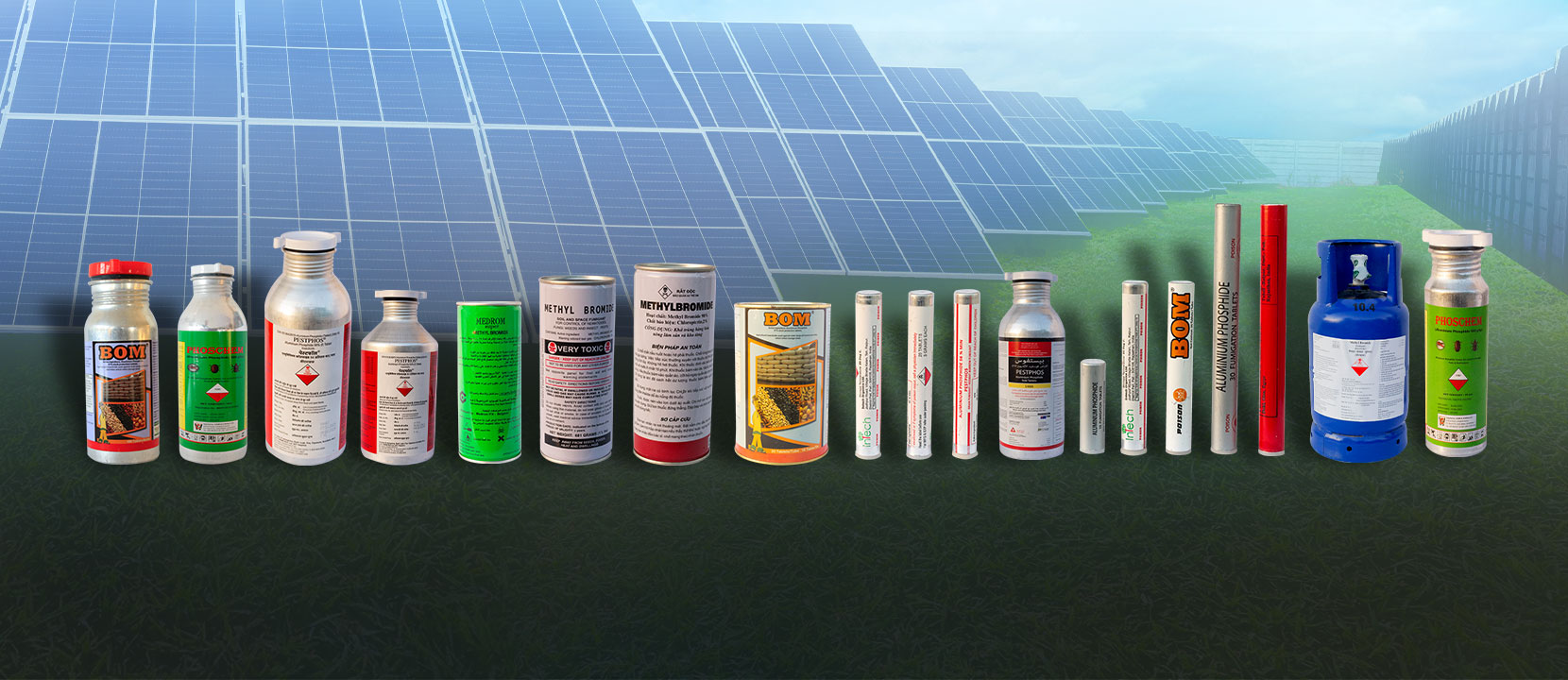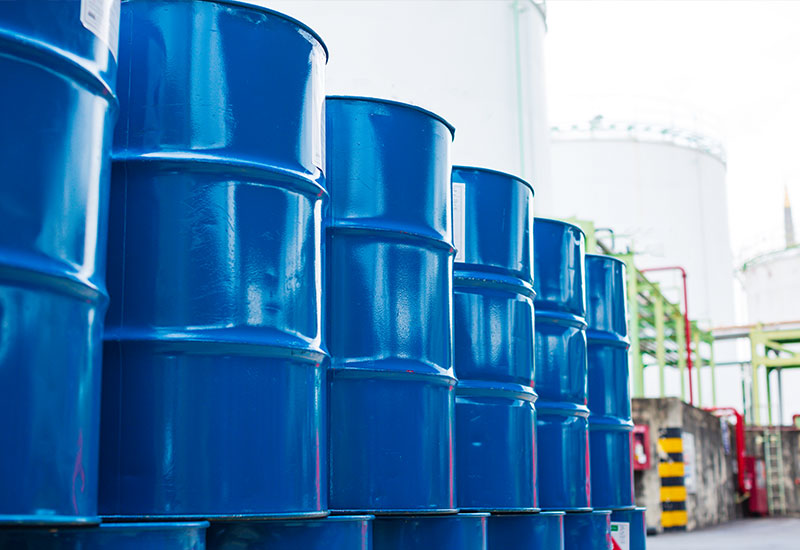







Quaternary Ammonium Compounds (QACs) are a type of cationic surfactant commonly used as disinfectants in the food industry. These compounds have a positive charge that allows them to readily bind to the negatively charged surface of most microbes, making them effective at killing a wide range of microorganisms. QACs are generally very stable and remain active on food-contact surfaces for a long time. There are numerous formulations of QACs available in the market, and they are typically used at concentrations ranging from 200 to 400 ppm. Benzalkonium chloride is an example of a QAC which is often used as a cleaner and sanitizer for various food surfaces, both at home and in industrial applications such as dairy equipment.
It is important to note, however, that QACs are more selective in their antimicrobial activity compared to other disinfectants, and they can be inactivated by hard water and organic soil. Despite these limitations, QACs are generally very effective against bacterial biofilms. It is important to follow proper dosing and usage instructions when using QACs to ensure their effectiveness and safety.
We have updated our policy. By continuing to browse this website, you agree to our privacy policy and the use of cookies on the website.